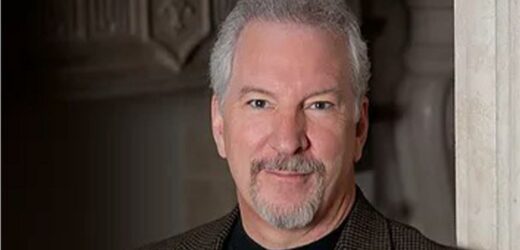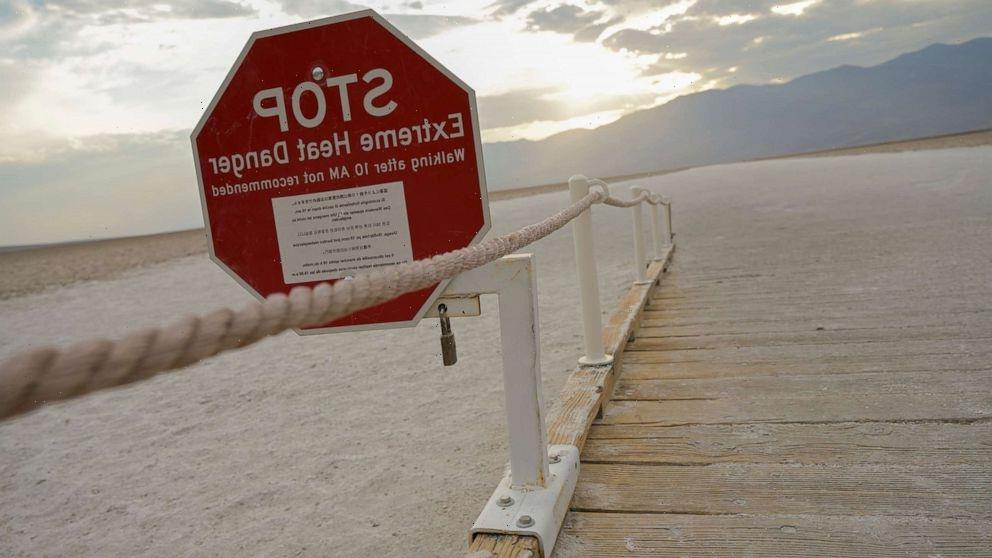The family of conservative radio host Phil Valentine – who has been a COVID-19 vaccine skeptic – is urging others to get the vaccine after Valentine was hospitalized with the virus.
Valentine, who hosts a show on WWTN-FM in Nashville, revealed on July 11 that he had COVID-19. “Yes, the rumors are true,” he wrote on Facebook. “I have COVID. Unfortunately for the haters out there, it looks like I’m going to make it.”
Valentine called the illness an “interesting experience” and said he would fill listeners in when he was back on the air. “I’m hoping that will be tomorrow, but I may take a day off just as a precaution. It’ll be a game time decision,” he wrote.
About two weeks later, his brother, Mark Valentine revealed the host was in the hospital and “in very serious condition, suffering from Covid Pneumonia and the attendant side effects.”
Our thoughts and prayers are with Phil Valentine and his family, and we appreciate the support from YOU our WTN Family…
In a statement on behalf of the family, posted Friday on the radio station’s Facebook account, Mark said his brother was in a critical care unit “breathing with assistance but is NOT on a ventilator.”
“Phil would like for his listeners to know that while he has never been an ‘anti-vaxer’ he regrets not being more vehemently ‘Pro-Vaccine’, and looks forward to being able to more vigorously advocate that position as soon as he is back on the air, which we all hope will be soon,” the statement reads.
“Phil & his family would like for all of you to know that he loves ya’ll and appreciates your concern, thoughts & prayers more than you will ever know,” the statement continues. “Please continue to pray for his recovery and PLEASE GO GET VACCINATED!”
Mark Valentine also appeared on WWTN-FM in Nashville on Thursday, speaking about his brother’s condition, according to the Associated Press.
“First of all, he’s regretful that he wasn’t a more vocal advocate of the vaccination,” his brother said. “For those listening, I know if he were able to tell you this, he would tell you, ‘Go get vaccinated. Quit worrying about the politics. Quit worrying about all the conspiracy theories.'”
Phil Valentine spoke on the radio after testing positive for COVID-19, but before he was hospitalized, the AP reports. He said he did not to get the COVID-19 vaccine because he thought he probably wouldn’t die from the virus.
The United States has reported the most COVID-19 cases – 34,446,383 – than any other country in the world. There have been 610,892 COVID-19 deaths in the U.S. Anyone can catch COVID-19 and die from it.
Age and pre-existing conditions such as obesity put individuals at higher risk of serious illness from the virus. Valentine is 61 years old, which puts him at higher risk than younger people.
On the radio, Valentine said he was “taking vitamin D like crazy” and that a doctor agreed to prescribe ivermectin, according to the AP.
However, the U.S. Food and Drug Administration says not to take the medication to treat COVID-19. “There seems to be a growing interest in a drug called ivermectin to treat humans with COVID-19,” the administration said.
“Ivermectin is often used in the U.S. to treat or prevent parasites in animals. The FDA has received multiple reports of patients who have required medical support and been hospitalized after self-medicating with ivermectin intended for horses,” the administration said, adding that ivermectin has not been approved by the FDA for use in treating or preventing COVID-19 in humans.
As for vitamin D, the National Institute for Health states there “is insufficient evidence to recommend either for or against the use of vitamin D for the prevention or treatment of COVID-19.”
Earlier this month, U.S. Surgeon General Vivek Murthy issued a stark warning in an effort to fight misinformation that the COVID vaccine is dangerous.
In his first advisory, Murthy said the false information shared on social media is driving vaccine hesitancy, especially among young people, who are increasingly hospitalized because of the Delta variant, particularly in the South.
Georgetown University researchers have identified five significant under-vaccinated areas in the southern and lower Midwestern part of the U.S., including Tennessee.
Source: Read Full Article


